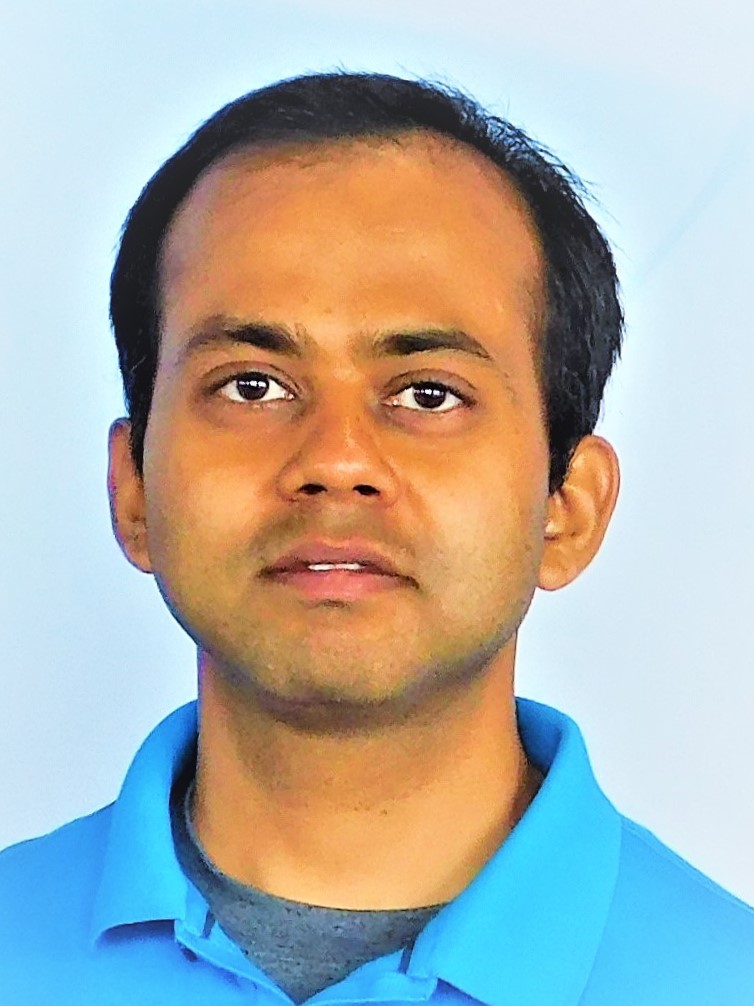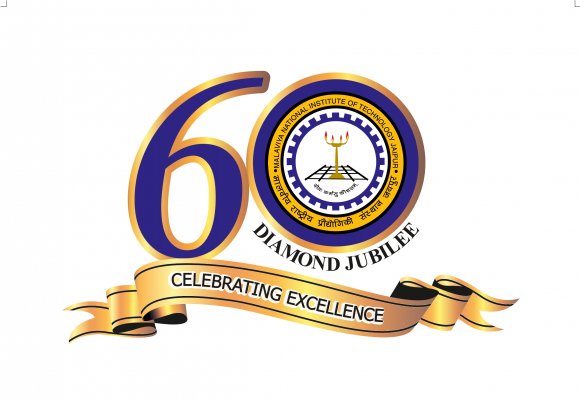6G Wireless Communication Networks: Foundations and Trends
Abstract: With advancements in the theory and practice of multi-antenna techniques, cellular communication has been significantly revolutionized in the last couple of decades. The expected demand for higher data rates, higher reliability, and lower power consumption has increased the number of transmit and receive antennas to thousands. An advanced multi-antenna system with a vast antenna array is now popularly known as the massive multiple-input multiple-output (MIMO) communication networks and are now an integral part of the 5G wireless networks worldwide. The size of the transmitters and receivers can limit the increase in antennas. Hence, a few variants of massive MIMO communication networks are being considered. One such variant is the cell-free massive MIMO Network, which distributes the antennas over a large geographical area through multiple access points and serves many users with a uniform data rate. The APs are connected to a central processing unit through a backhaul link leading to a scenario where multiple APs surround a user than the conventional case of the base station being surrounded by users. Hence, the tutorial aims to provide a holistic end-to-end understanding of the next-generation wireless communication Networks whcih perfectly aligns with the conference theme.
Duration: 3 hrs
Presenter and Affiliation: Adarsh Patel (IIT Mandi, India); Abhay Kumar Sah (IIT Roorkee, India)
Speaker #1: Adarsh Patel, IIT Mandi, India

Contact: adarsh@iitmandi.ac.in
Biography: Adarsh Patel is an assistant professor in the School of Computing and Electrical Engineering (SCEE) at IIT Mandi, Himachal Pradesh, India. His research interests include the technologies for the next-generation Wireless Networks, which includes massive MIMO and mm-Wave, IoT, IRS, Cognitive Radio and License Assisted Access, Cooperative Communication, Molecular Communications, Sensor Networks, and others having applications of Signal Processing, Game Theory, Machine Learning, Tensors, Optimization Techniques, etc. His research group hail from the InfoComm lab at IIT Mandi, HP, India. Adarsh received the Ph.D. degree in Electrical Engineering (EE) from the Dept. of EE, IIT Kanpur in 2017. His PhD thesis work received Innovative Student Project Award 2017 by the Indian National Academy of Engineering (INAE). He has worked as a postdoctoral research staff in the Sensor Fusion Lab in the department of EE & CSE at the Syracuse University, NY, USA. He is a recipient of SERB-Startup Research Grant, TCS Research fellowship and SERB-National Post-doctoral fellowship to conduct research at IIT Mandi, IIT Kanpur, and IISc Bangalore, respectively.
Speaker #2: Abhay Kumar Sah, IIT Roorkee, India
Contact: abhaysah@ece.iitr.ac.in
Biography: Abhay Kumar Sah received the B.Tech degree in Electronics and Communications Engineering from the Jaypee Institute of Engineering & Technology, Guna, in 2010 and the Ph.D. degree with the Department of Electrical Engineering, IIT Kanpur, in 2017. After Ph.D., Abhay has worked at Samsung R&D Institute Bangalore as a senior lead engineer where he primarily worked for 3GPP Rel.14 feature developments. Later, he worked at Radisys India Pvt. Limited, Bangalore as a lead software architect and was involved in the PUSCH algorithm development for 5G base stations. Currently, he serves as an Assistant Professor in the Dept. of Electronics & Communication Engineering, IIT Roorkee. His research interests are in realizing Massive MIMO systems for next-generation wireless technologies and in the applications of deep learning for wireless communication systems. In the related domain, He has published 25+ research articles and have 15+ global and Indian patents so far. He is a recipient of the MathWorks Research Award for 6G use, SERB Startup Research Grant, DST-Inspire Faculty Program, TCS Research Fellowship, and the Vice-Chancellors Gold Medal for outstanding performance in his bachelor's degree. He also received the Samsung Citizen Award for his contribution to 3GPP Rel. 14 features.





